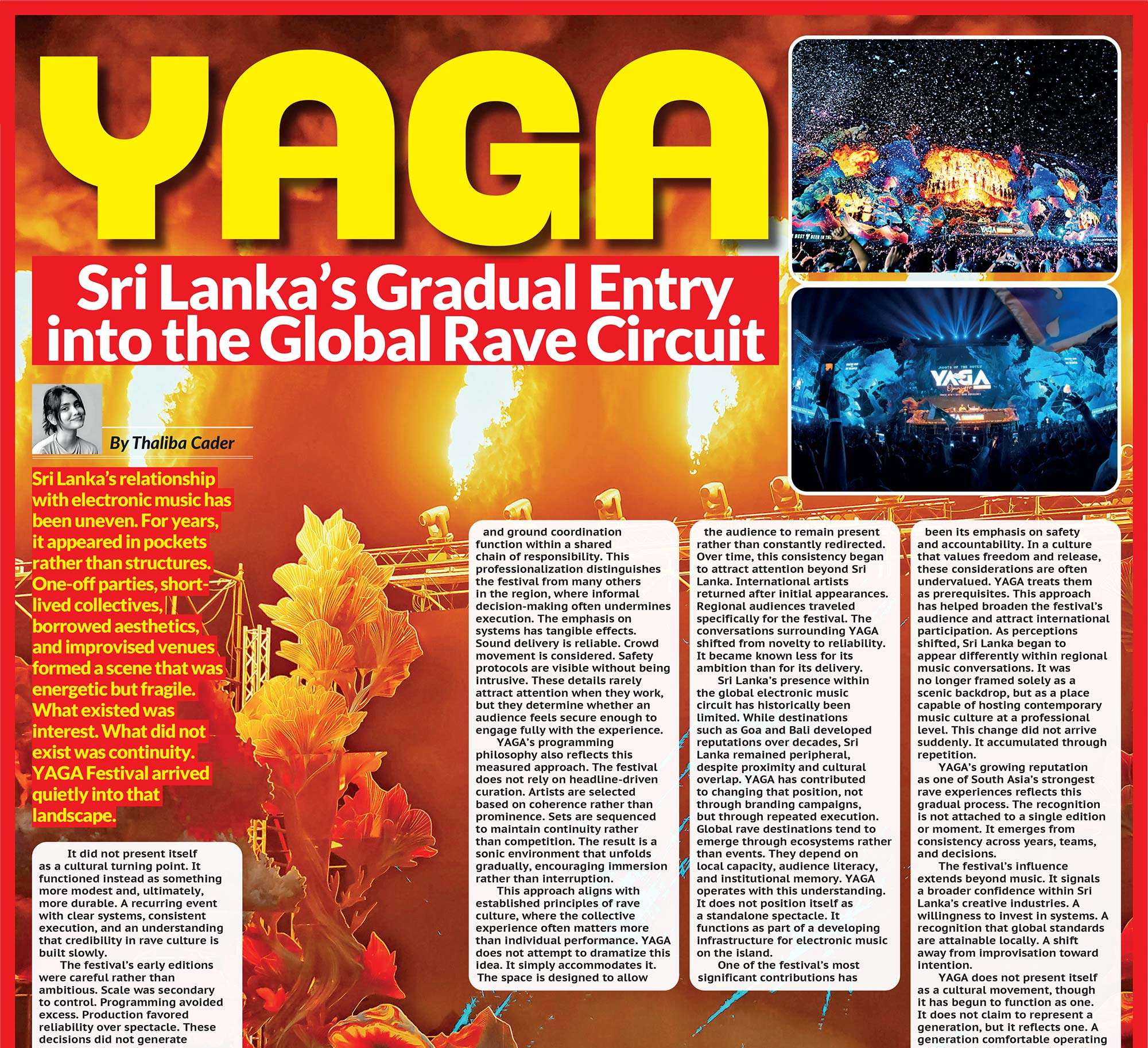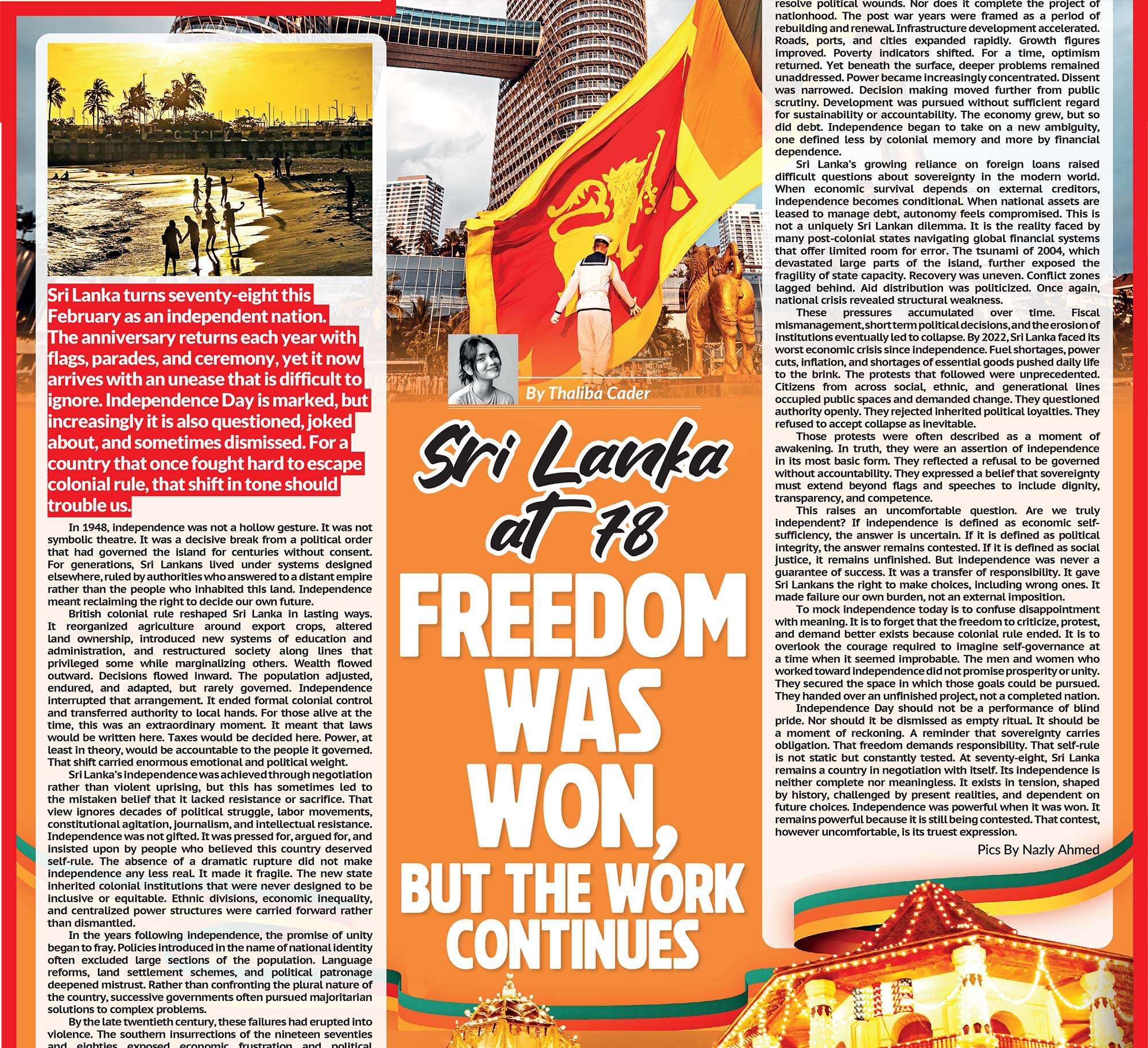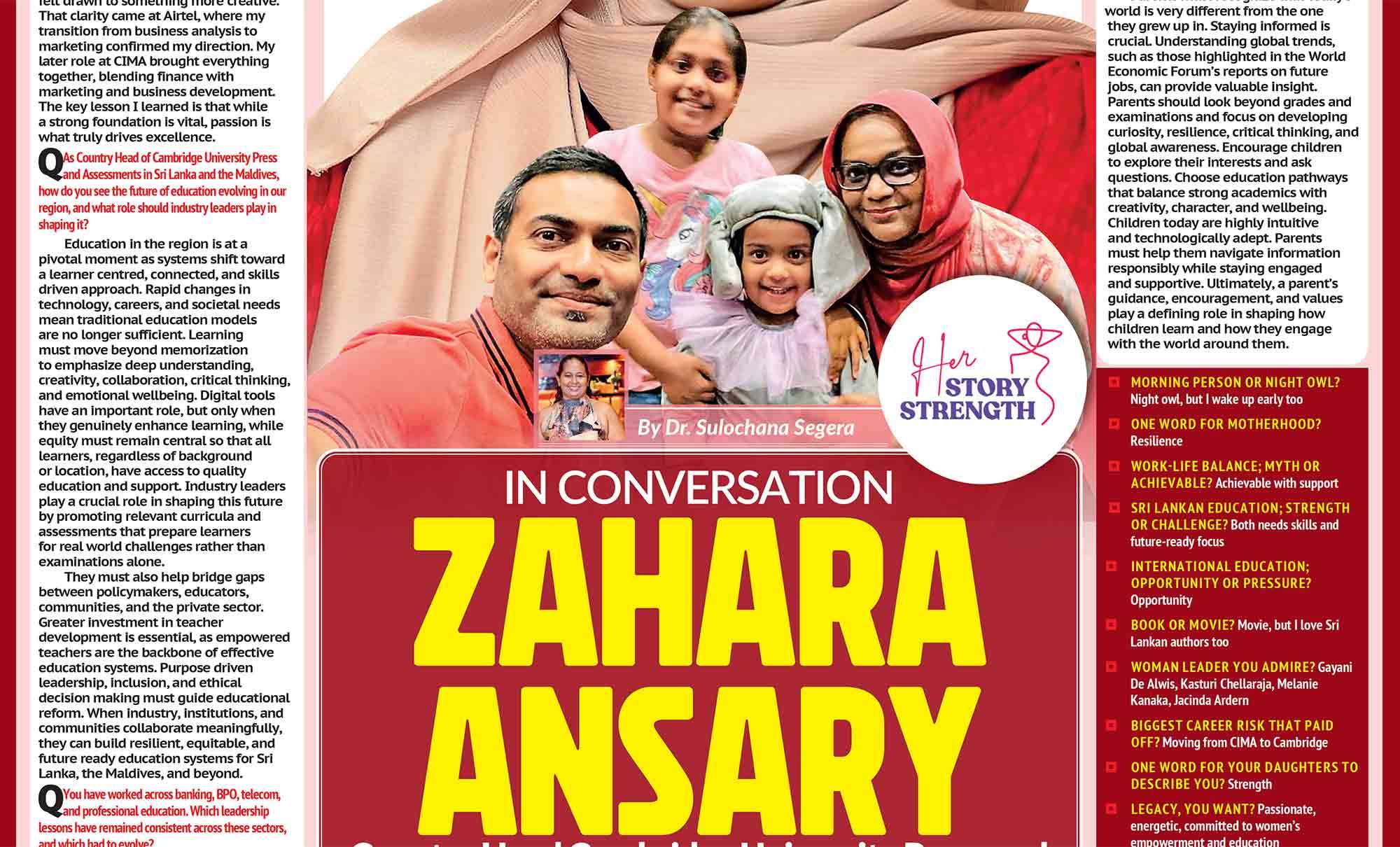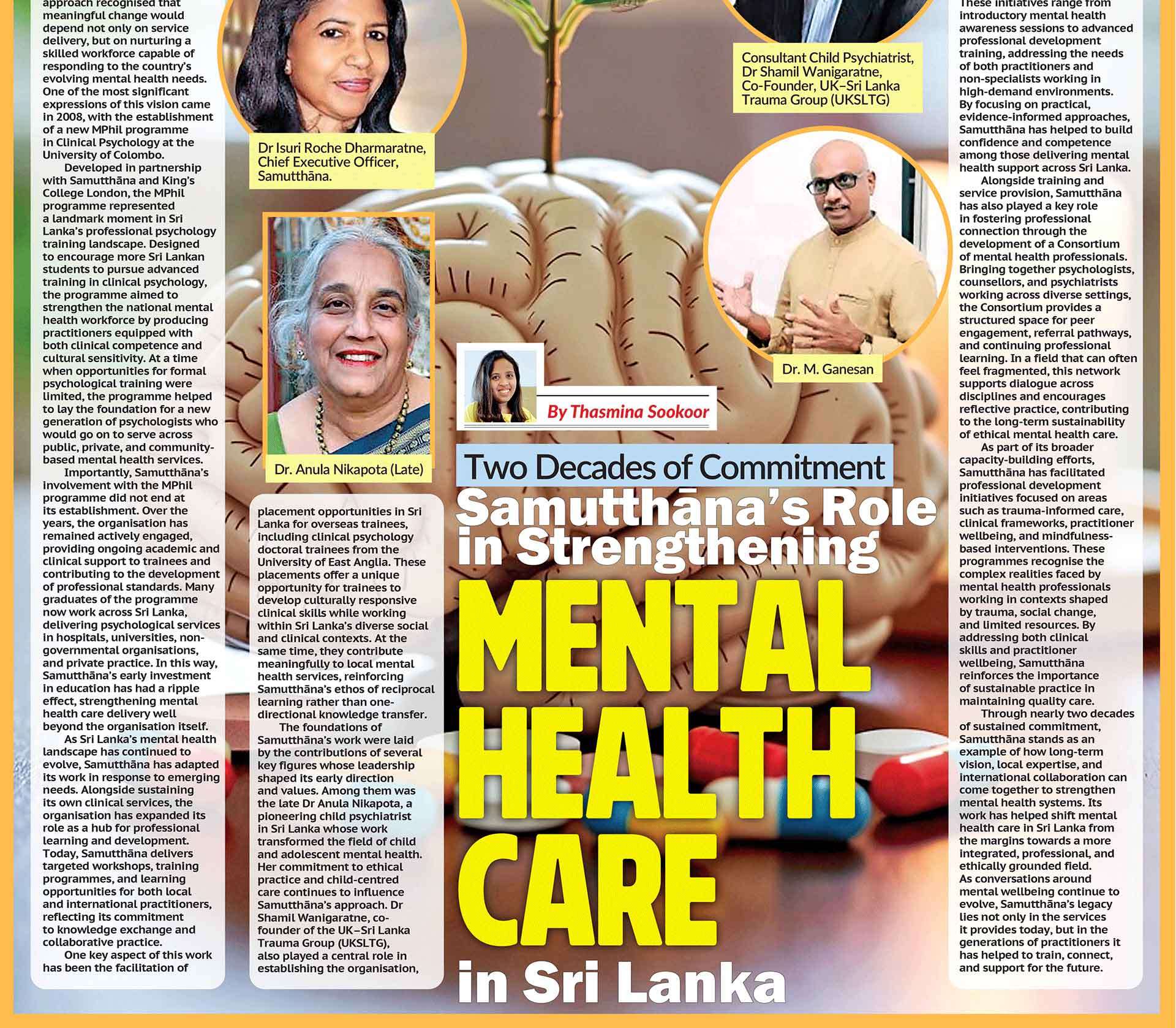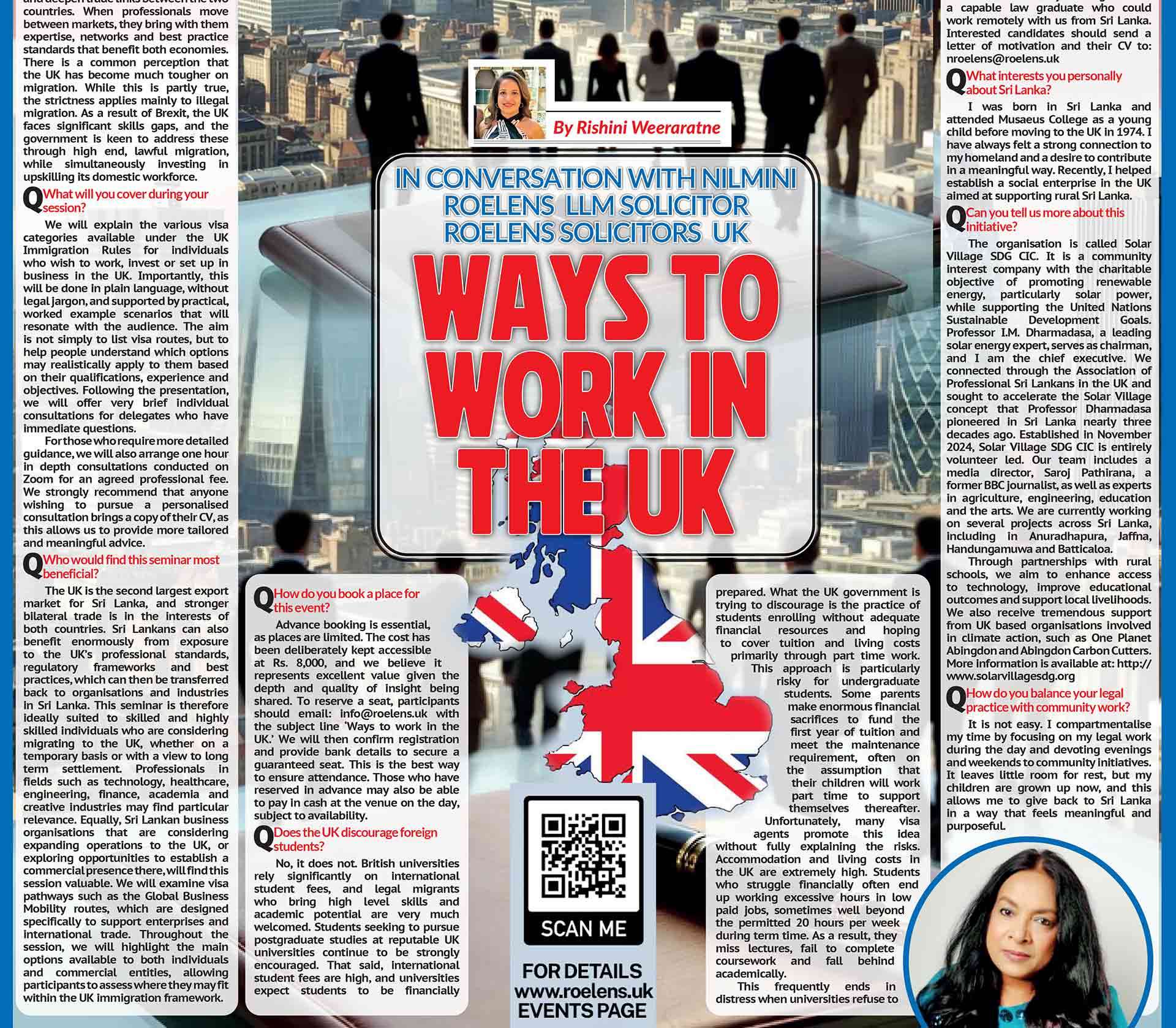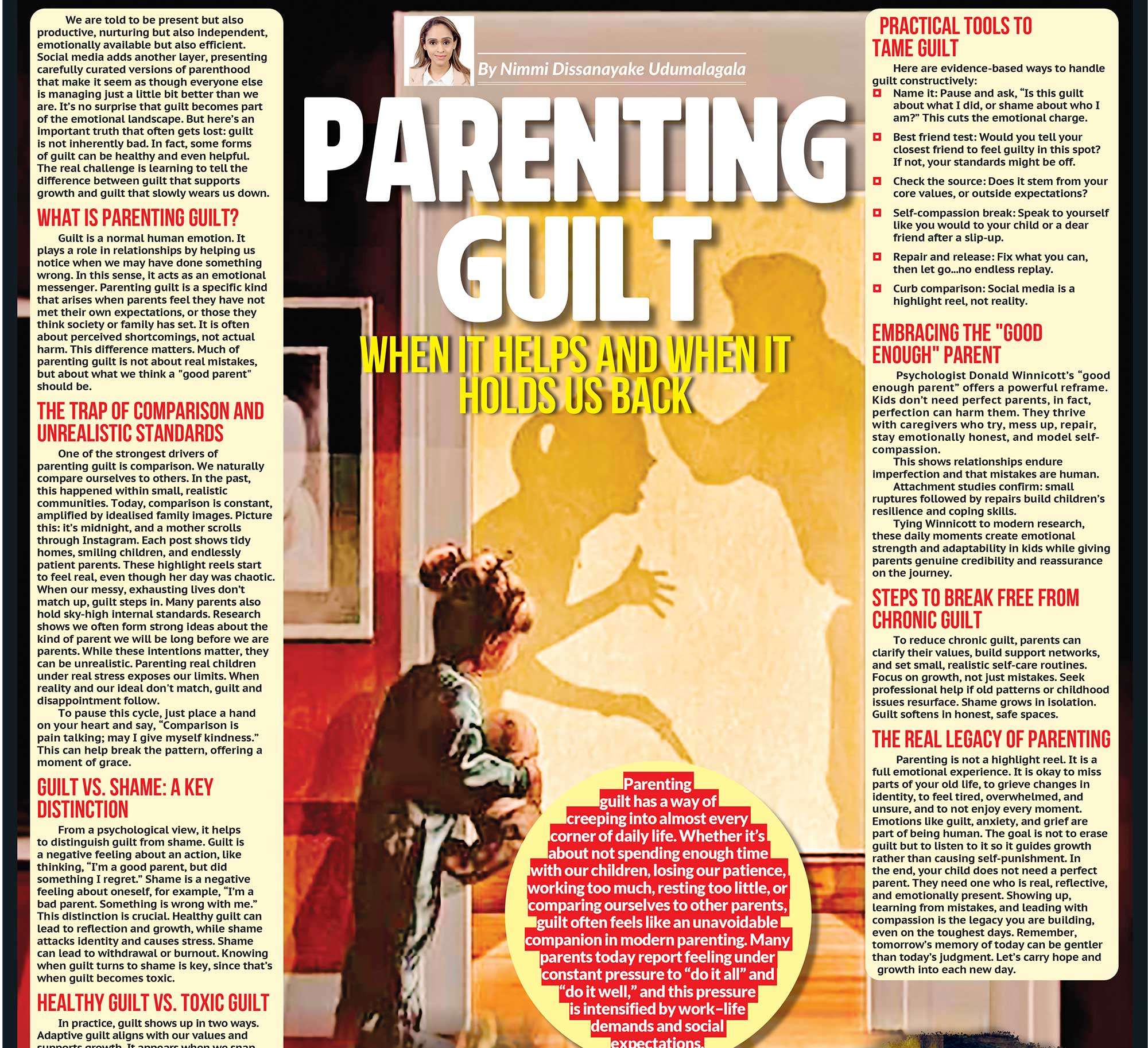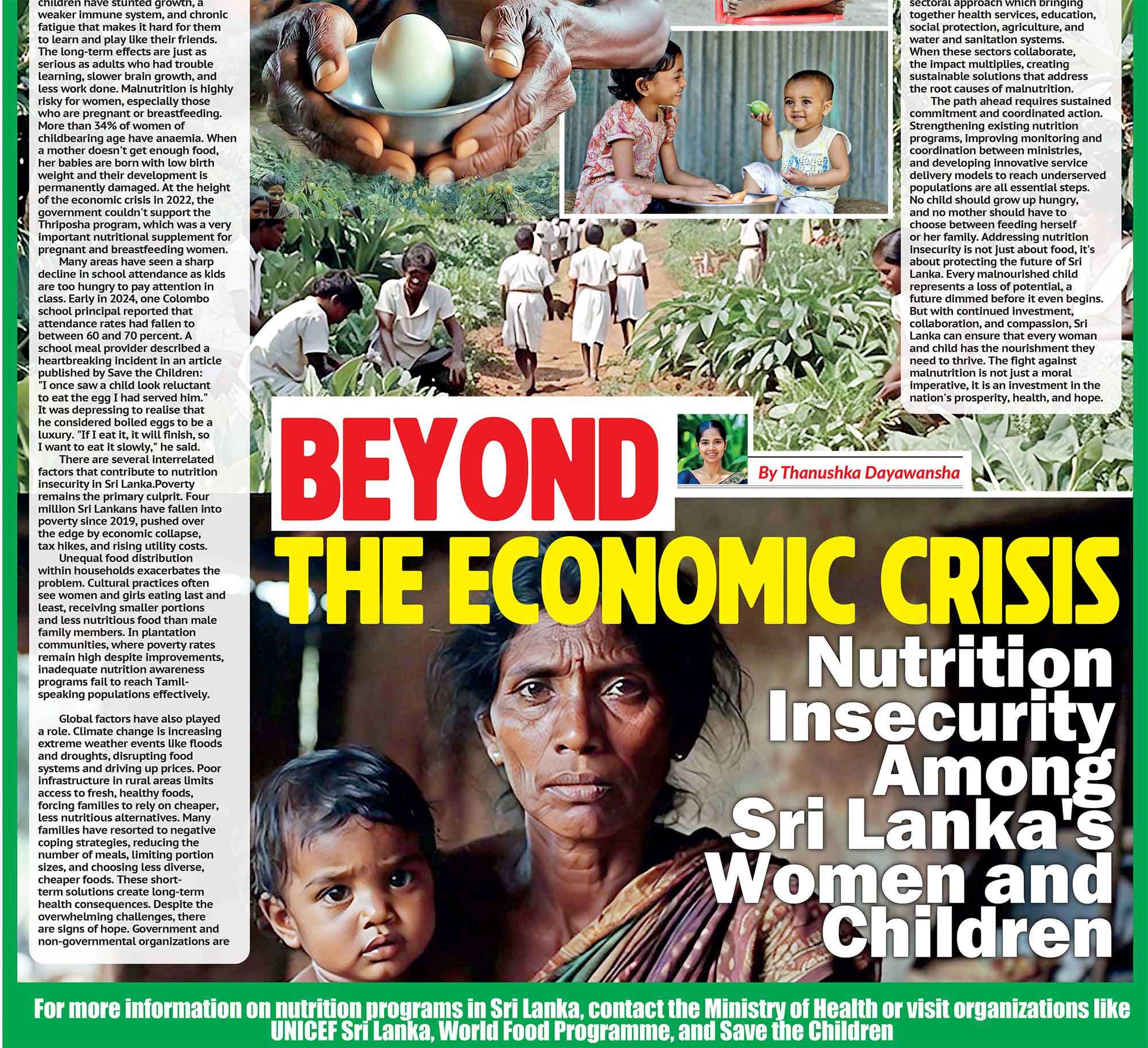
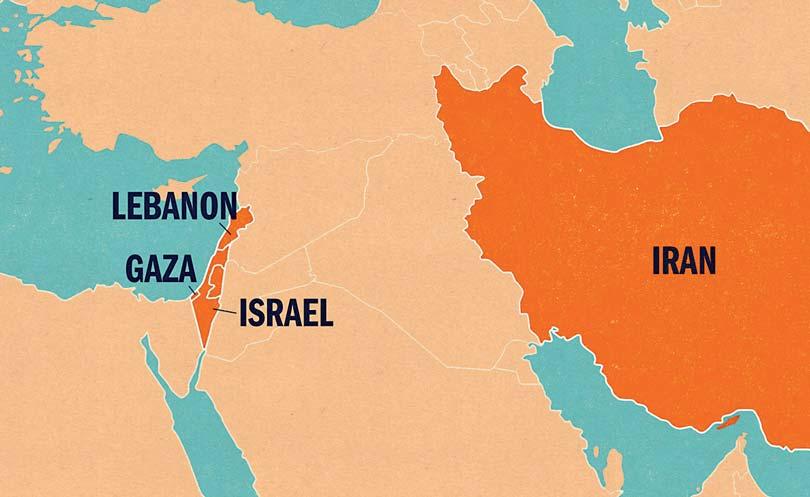
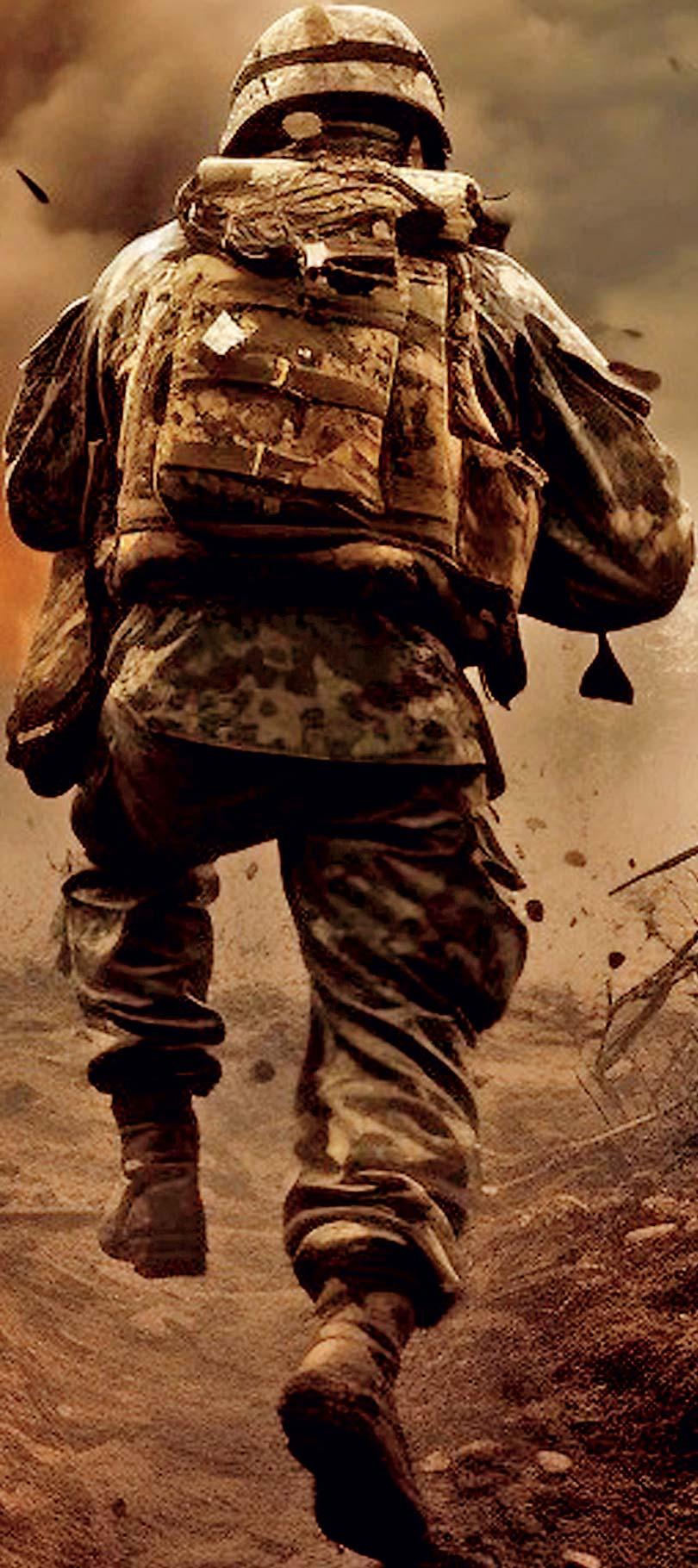

Critics argue this escalation risks drawing the United States into another long-term Middle Eastern conflict, reminiscent of the Iraq and Afghanistan wars
The direct military confrontation between Iran and Israel, which erupted into full-scale hostilities in June 2025, has rapidly reshaped the Middle East’s political landscape. While Part I of this series examined the historical roots and triggers of the conflict, this article focuses on the broader ramifications of the war. With U.S. involvement intensifying, European powers scrambling to respond, and humanitarian crises escalating in Gaza, Lebanon, and Iran, the implications extend far beyond a bilateral dispute. The conflict is not just a battle over nuclear capability or ideological supremacy—it is a confrontation that exposes the fragility of global diplomacy, the volatility of regional alliances, and the deepening divide between state interests and humanitarian imperatives. This essay argues that without urgent international intervention, the Iran-Israel war may metastasize into a generational catastrophe.
U.S. Involvement: Calculated Support or Regional Misstep?
The United States’ role in the Iran-Israel war has evolved from passive endorsement to active military engagement. Initially, the Biden and Trump administrations had limited their roles to intelligence-sharing, cyber support, and defense coordination with Israel. But following Iranian missile strikes that killed several American personnel at a base in Iraq, the U.S. entered the conflict more directly, launching retaliatory airstrikes on Iranian command facilities.
Critics argue this escalation risks drawing the United States into another long-term Middle Eastern conflict, reminiscent of the Iraq and Afghanistan wars. With domestic politics already polarized, and allies in Europe voicing skepticism, Washington’s next steps are under immense scrutiny. However, proponents of intervention claim the strikes are necessary to protect American assets and deter Iranian aggression. Regardless of political alignment, one fact remains indisputable: the U.S. is no longer a peripheral actor in this war. Its involvement fundamentally alters the conflict’s scope and scale.
European Paralysis and the Decline of Multilateral Diplomacy
Europe’s reaction to the war has been one of urgent caution coupled with diplomatic inertia. France and Germany have called for an immediate ceasefire, while the UK has backed Israel’s right to self-defense but avoided direct military support. The EU’s efforts to revive nuclear negotiations with Iran have failed, largely due to Tehran’s insistence that talks cannot proceed while airstrikes continue.
European diplomats are caught in a bind: while they recognize Iran’s provocations and longstanding nuclear violations, they are also wary of appearing complicit in a war that has produced widespread civilian casualties. The war has exposed Europe’s diminished influence in Middle Eastern affairs and raised questions about the future of multilateral diplomacy.
Can the EU act as a credible peace broker, or has its failure to prevent escalation rendered it diplomatically impotent?
Gaza and Lebanon: Humanitarian Collapse Amidst the Crossfire
Nowhere are the consequences of this war more visible than in Gaza and southern Lebanon. After Israel’s 2023 campaign decimated much of Gaza’s infrastructure, the renewed violence has deepened the humanitarian catastrophe. Fuel shortages, food insecurity, destroyed hospitals, and displacement affect millions. Iran-backed militias have used civilian zones for launching rockets, further endangering residents and drawing intensified Israeli retaliation.
In Lebanon, Hezbollah’s involvement has led to fierce battles in the south. Israeli strikes have targeted weapons depots and rocket launch sites embedded within civilian areas, while Hezbollah has responded with massive salvos into northern Israel. Civilian death tolls on both sides are rising. International aid groups warn that Lebanon’s already fragile economy and healthcare system are collapsing under the weight of conflict.
While both Iran and Israel claim moral superiority, it is the civilians—in Tehran, Haifa, Gaza City, and Beirut—who are paying the highest price. Their suffering underscores the failure of international institutions to prioritize human life over geopolitical posturing.
Proxy Wars Reloaded: The Regional Theater Expands
The Iran-Israel war is not confined to the two nations alone. Iranian proxies such as the Houthis in Yemen, militias in Iraq, and Hezbollah in Lebanon have all entered the fray. The Houthis have launched missile attacks on Israeli commercial vessels in the Red Sea, while Iranian-backed militias have struck American bases in Syria and Iraq. In response, Israel has expanded its operations into Lebanon and western Syria, while the U.S. has carried out surgical strikes in Baghdad and Mosul.
These developments signal the return of large-scale proxy warfare in the region. Jordan and Saudi Arabia are nervously watching the escalation, concerned that spillover violence may destabilize their own borders. The United Arab Emirates and Bahrain, recent signatories to the Abraham Accords, find themselves balancing diplomatic ties with Israel against economic and religious ties with Iran and its allies.
The longer this conflict endures, the greater the likelihood that it will draw in other powers—Russia, China, Turkey—each with their own interests in the region. The war is becoming a chessboard for global influence, with consequences that could last generations.
The Nuclear Dilemma: Deterrence or Justification?
Israel’s justification for striking Iranian nuclear facilities is rooted in its long-standing red line: Iran must never acquire nuclear weapons. These strikes, while tactically successful, may have strategically backfired. Iranian hardliners have doubled down, calling for the acceleration of nuclear enrichment as a form of deterrence.
What was once a covert program is now being openly discussed in Iranian political circles. Supreme Leader Khamenei has warned that Iran will withdraw from the Non-Proliferation Treaty (NPT) if international pressure persists. If that occurs, the already-fragile international nuclear regime may unravel, setting a dangerous precedent for regional proliferation.
A Crisis of Leadership and Credibility
Both Israeli and Iranian leaderships face growing challenges to their legitimacy. In Israel, Prime Minister Benjamin Netanyahu has leveraged the conflict to silence domestic opposition and extend his hold on power. His critics argue that by provoking war, he has endangered Israeli lives and damaged diplomatic ties.
In Iran, the theocratic regime uses the war to rally nationalist sentiment and suppress dissent. Yet the economic and human toll of the conflict is generating unrest. As inflation soars and body counts rise, protests have erupted in Tehran and other major cities, prompting crackdowns by the IRGC. Iran’s leadership now faces a dilemma: continue the war and risk internal collapse, or negotiate and appear weak.
Conclusion: What Path Forward?
The Iran-Israel war is no longer a future hypothetical or a shadow conflict waged in secrecy. It is a full-scale confrontation that threatens to engulf the region and destabilize global geopolitics. The war has exposed the failures of deterrence, the limitations of international diplomacy, and the devastating human cost of unchecked escalation.
The international community must act decisively. A ceasefire brokered by a neutral coalition—perhaps involving Turkey, Qatar, or Switzerland—is an urgent necessity. The revival of nuclear diplomacy, expanded humanitarian corridors, and a UN-mandated inquiry into war crimes should follow.
But above all, the world must learn from this tragedy. For too long, the Middle East has been treated as a battlefield for others’ ambitions. If this war teaches us anything, it is that peace cannot be postponed, proxy wars cannot be ignored, and human suffering must never again be sidelined in the name of strategic interest. Without a comprehensive peace effort, this war could very well become the beginning of a regional unraveling—and the end of hope for a stable Middle East.



